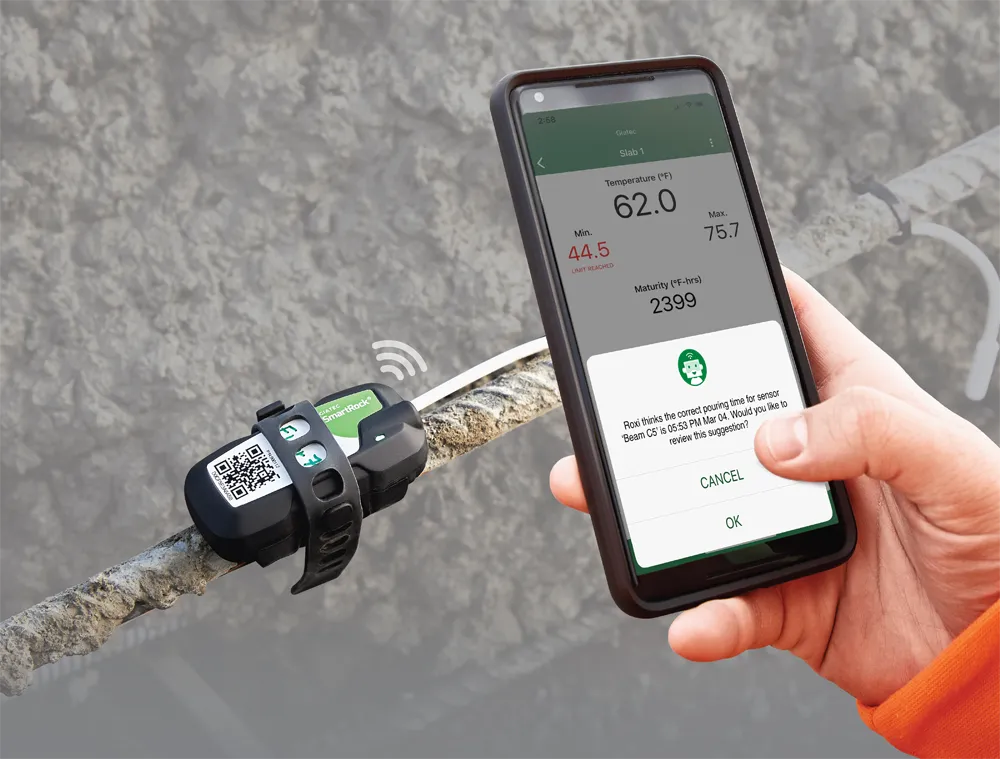February 21, 2025
Putting Lima, Peru on the map as a major hub in South America via a $2 billion airport rebuild was serious business. This 270,000 square meter challenge at Jorge Chávez International would require 7,000 collaborators to work from the same page — avoiding errors and rework that could jeopardise their timeline and budget.
For Sacyr Infrastructure, making sure all the lofty project expectations landed solid was a must, with next-level workflows and serious connectivity. Communication back and forth from office to field had to be seamless, for better accuracy, productivity and efficiency on the fly. The key? Accurate data, soaring through the cloud.
Learn more at: https://trimble.com/en/through-the-cloud








